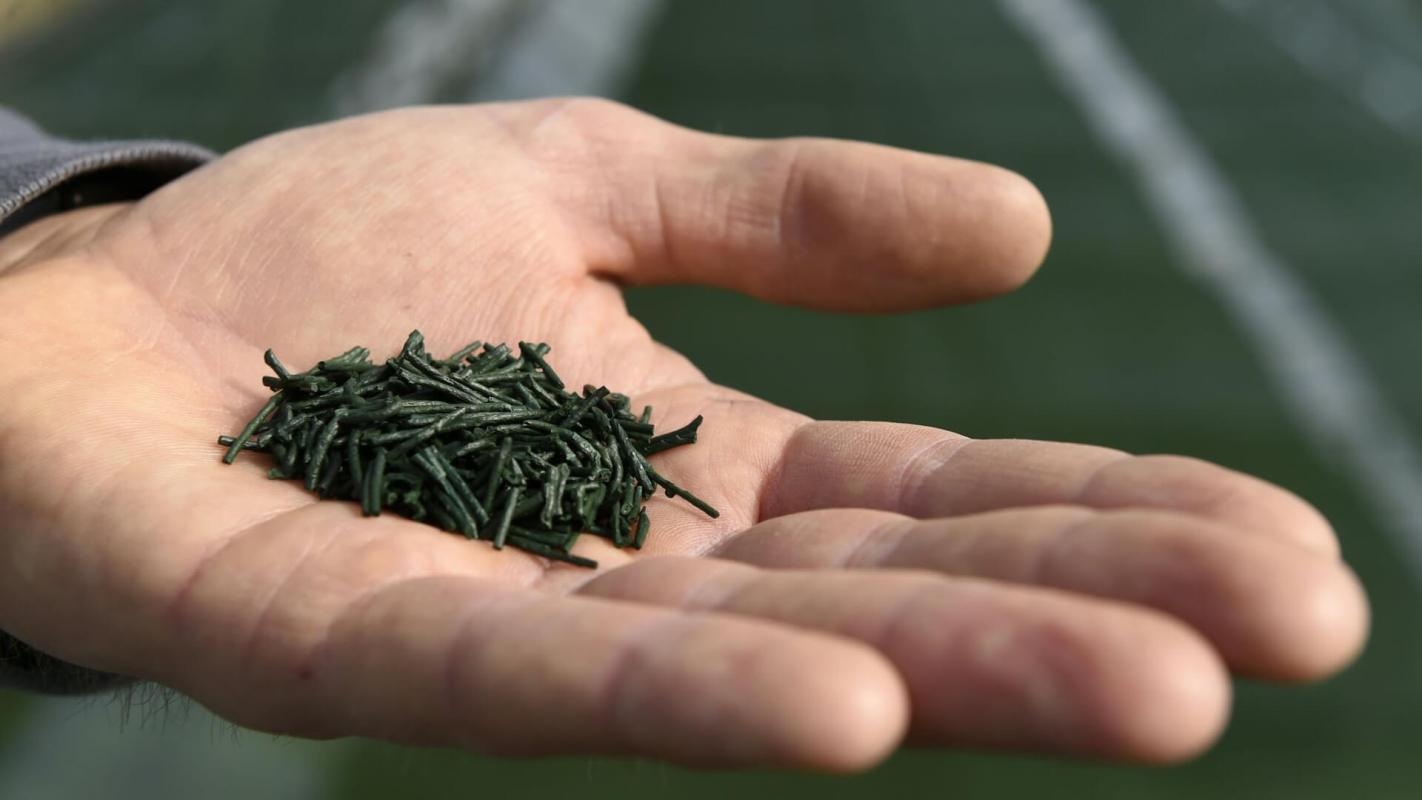Touted as a superfood, spirulina has gained popularity in recent years. Spirulina powder and supplements are showing positive results in helping to improve our health — and the health of our planet.
What is spirulina?
Spirulina is an edible microalga packed with nutrients and antioxidants. It grows naturally in alkaline bodies of water and has been used to supplement diets for centuries, dating back to the Aztec Empire.
A growing body of research shows that this ancient microalga can help maintain heart health due to its anti-inflammatory properties. Some research proposes that it might even be useful in treating cancer.
This blue-green substance is so concentrated with nutrients that it has the potential to curb malnutrition across the world. It has also been approved by NASA to sustain the health of astronauts as they travel in space.
And it doesn't just help humans. Spirulina is one of the smallest organisms on Earth, yet it produces over half of the world's oxygen with the help of other marine organisms.
What is spirulina good for?
Spirulina is small but mighty. According to Healthline, one tablespoon of spirulina powder can provide four grams of protein and a substantial amount of the recommended daily value of iron, thiamin, riboflavin, niacin, and copper.
Being so nutrient-dense, you would think spirulina is high in calories, but one tablespoon contains just 20 calories.
As for ailments, research thus far shows that spirulina has promising results.
Full of antioxidants, spirulina can reduce inflammation that can, in chronic cases, develop into cardiovascular diseases or Alzheimer's disease. Research additionally shows that it can strengthen the immune system.
It can also lower LDL cholesterol (the "bad" cholesterol) and raise HDL cholesterol (the "good" cholesterol). Combined, lowering "bad" cholesterol and blood pressure while raising "good" cholesterol levels can reduce the strain on one of our most vital organs — the heart.
Before implementing spirulina into your diet regularly, talk with your primary care provider. People with shellfish allergies, iodine intolerances, diabetes, and Phenylketonuria (PKU) should avoid it.
Though more research is needed to assess the benefits of this nutrient-packed microalga, current research shows spirulina has earned its status as a "superfood."
Is spirulina environmentally friendly?
Like plants, spirulina takes in sunlight and converts carbon dioxide into oxygen.
Carbon dioxide is an air pollutant released from vehicles, plastic as it's made, and other sources, leading to extreme weather and rising temperatures.
By growing spirulina, we can capture some of this excess carbon dioxide while growing a valuable superfood in the process.
One of the greatest things about spirulina is how easy it is to cultivate. It can be grown on infertile land and in shallow aquaculture pools. It also doesn't need any harmful chemical applications like fertilizers or pesticides.
And unlike many other crops, spirulina doesn't contribute significantly to deforestation, soil erosion, water contamination, habitat destruction, or the overconsumption of water.
Follow The Cool Down on Instagram and subscribe to our newsletter.







